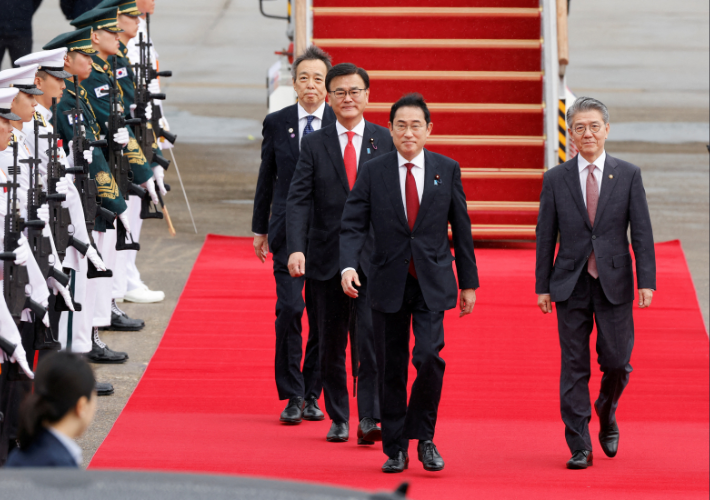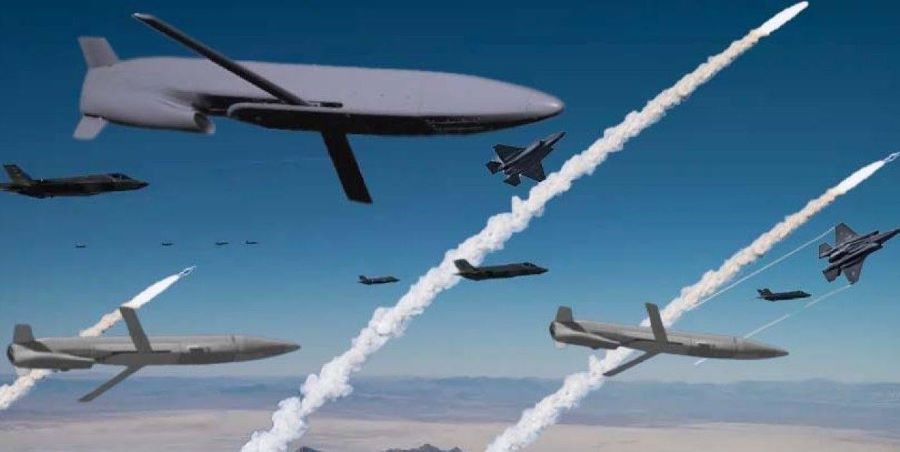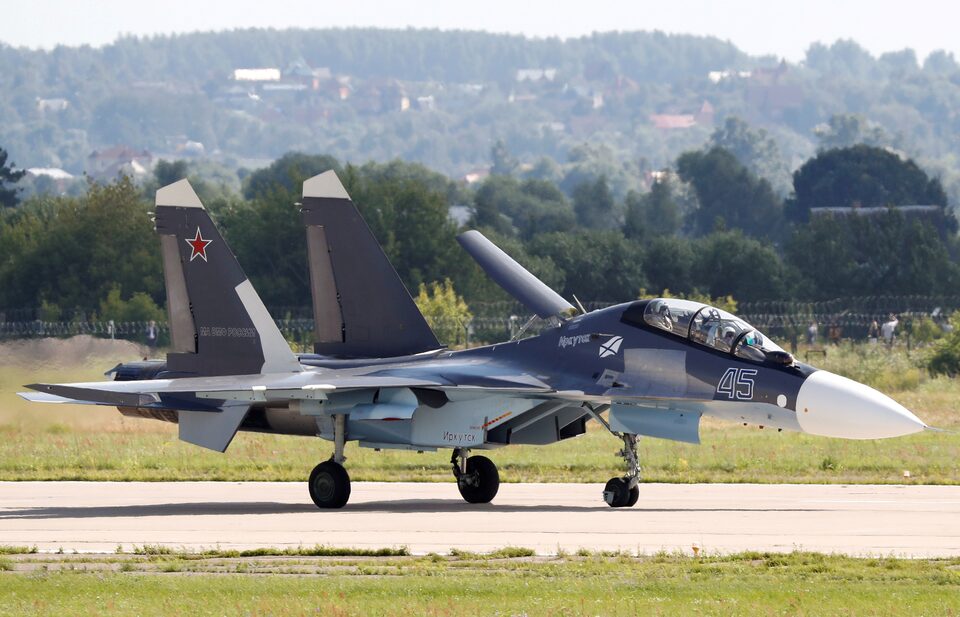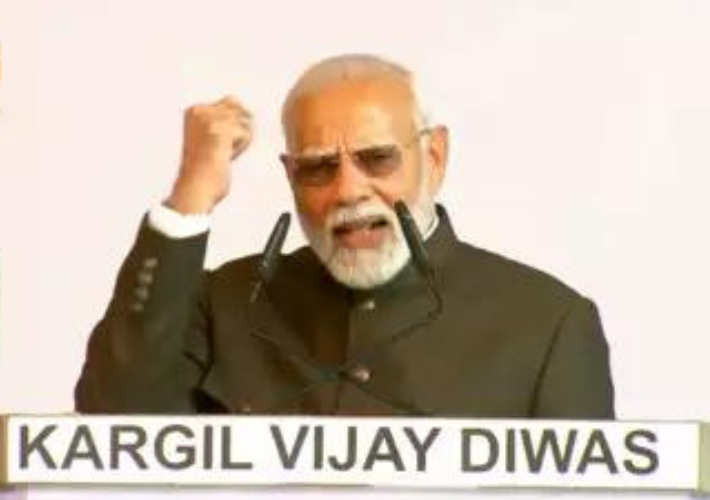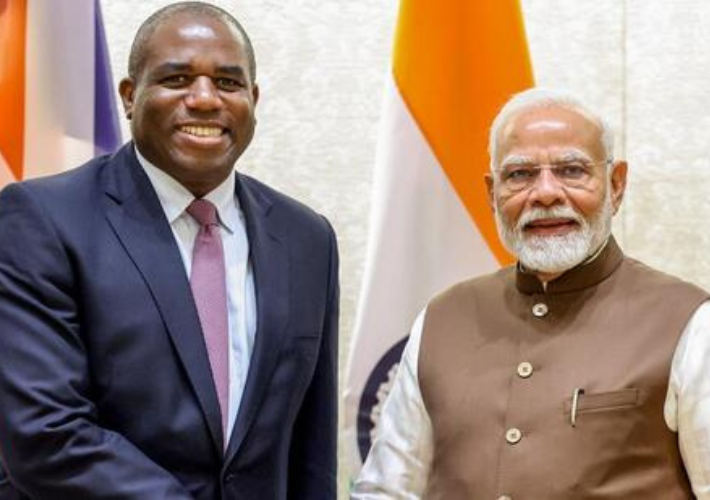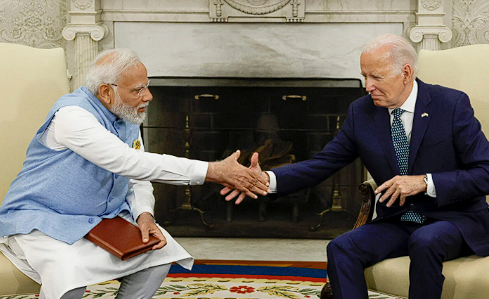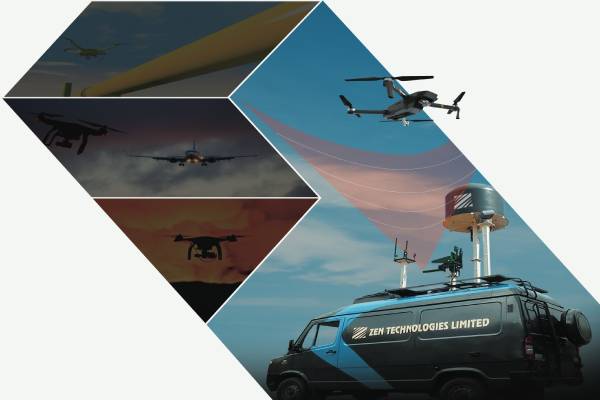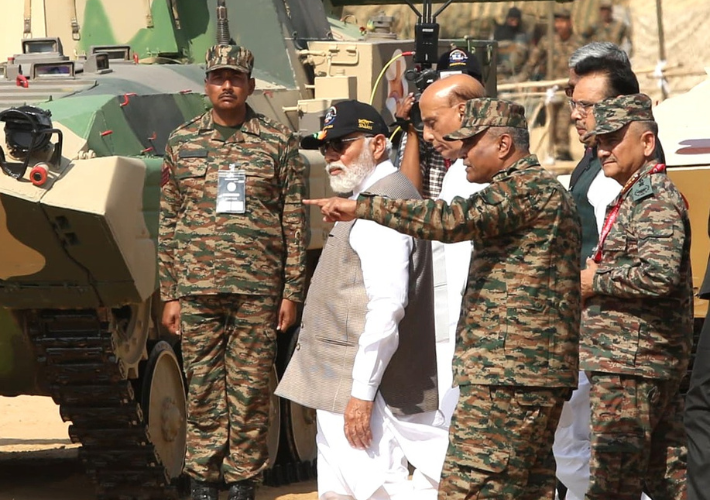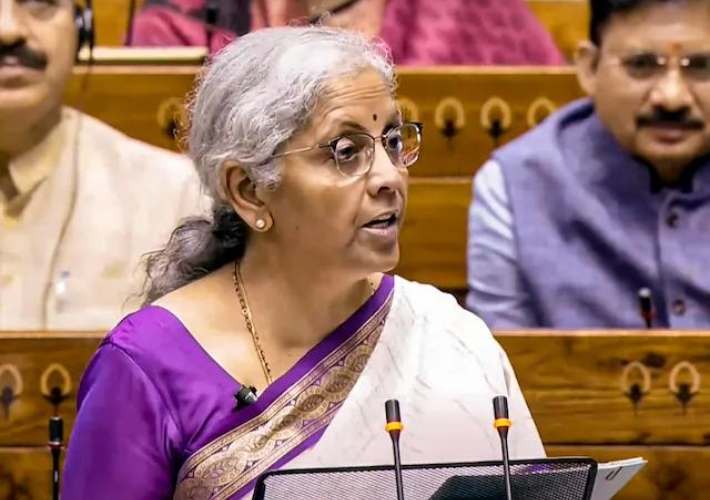SEOUL, May 27 (Reuters) – With the bilateral relations between the countries: South Korea, Japan and China, hardly displaying any warmth since their last meeting in 2019, the very fact of this meeting happening is a positive step.
Chinese Premier Li Qiang praised what he called a restart in relations with Japan and South Korea as he met their leaders for the first three-way talks in four years on Monday in Seoul, striving to revive trade and security dialogues hampered by global tensions.
Li, South Korean President Yoon Suk Yeol, and Japanese Prime Minister Fumio Kishida will adopt a joint statement on six areas including the economy and trade, science and technology, people-to-people exchanges and health and the aging population, Seoul officials said.
They may also agree to resume three-party free trade agreement negotiations, which have been stalled since 2019, according to Japanese media reports.
At the summit, Li called for the comprehensive resumption of trilateral cooperation with an open attitude and transparent measures, China’s official Xinhua news agency reported.
He said relations between the three nations had not changed despite profound global transformations.
“Our meeting today, first in more than four years, is both a restart and a new beginning,” Li said, according to a post on X by China’s foreign ministry.
China and U.S.-allied South Korea and Japan are trying to manage rising distrust amid the rivalry between Beijing and Washington and tensions over democratically ruled Taiwan, which China claims as its own.
Yoon and Kishida have charted a closer course with each other and to Washington, embarking on unprecedented three-way cooperation with the United States on military and other measures.
Monday’s summit comes a day after the leaders met separately for bilateral talks with each other.
In those meetings, Li and Yoon agreed to a diplomatic and security dialogue and resume free trade talks, while Kishida and the Chinese premier discussed Taiwan and agreed to hold a new round of bilateral high-level economic dialogue.
Yoon also asked China to play a constructive role with its partners in North Korea, which is expanding its nuclear weapons and missile arsenal in defiance of United Nations Security Council resolutions.
North Korea has notified Japan of its plan to launch a rocket carrying a space satellite between May 27 and June 4, the Japan Coast Guard said on Monday.
Officials from the United States, Japan, and South Korea held phone talks in response to the notice and demanded that North Korea cancel the launch because it would use ballistic missile technology in violation of the U.N. resolutions, Japan’s Foreign Ministry said.
Trade Relations
The trade relationship between China, South Korea and Japan has evolved over the past decade to become increasingly competitive.
Those ties have been further tested by U.S. calls for its allies to shift their supply chains for key products, such as semiconductors, away from China.
Officials and diplomats from South Korea and Japan have set a low bar for the summit, saying it is uncertain whether there will be major announcements but that just gathering will help the three countries revive and reinvigorate their strained relations.
The three leaders are also due to attend a forum with top business executives.
South Korea, Japan and China held 16 rounds of official negotiations over a three-way FTA after they first kicked off in 2012.
At their last negotiation in November 2019, the three countries agreed on liberalisation at a level higher than the Regional Comprehensive Economic partnership (RCEP), of which they are all members, encompassing areas from trade of goods and services to investment, customs, competition and e-commerce.
It’s however a bit difficult to predict how trade and commerce between the three countries will grow, or technology co-operation takeoff, with such fundamental differences between them, when it boils down to geopolitics and strategic issues.
Edited by: SK Chatterji




